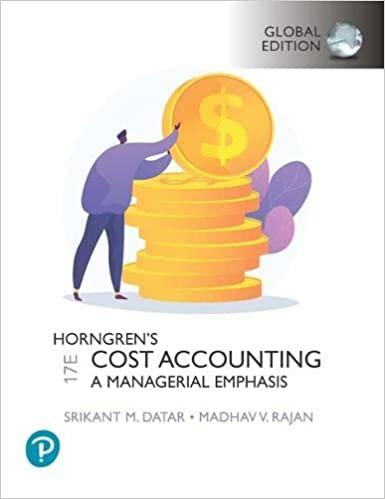Answered step by step
Verified Expert Solution
Question
1 Approved Answer
n 1 9 9 9 , Andrew Fastow, chief financial officer of Enron Corp., asked Merrill Lynch , an investment firm, to participate in a
n Andrew Fastow, chief financial officer of Enron Corp., asked Merrill Lynch an investment firm, to participate in a bogus sale of three barges so that Enron could record earnings of $ million from the sale. Through a third entity, Fastow bought the barges back within months and paid Merrill for its participation. Five Merrill employees were convicted of conspiracy to commit wire fraud, in part, on an "honestservices" theory. Under the theory, an employee deprives his or her employer of interests, when the employee promotes his or her own interests, rather than the interests of the employer. Four of the employees appealed to the US Court of Appeals for the th Circuit, arguing the charge did not apply to the conduct in which they engaged. The court agreed, reasoning that the barge deal was conducted to benefit Enron, not to enrich the employees of Merrill employees at Enron's expense. Meanwhile, Kevin Howard, chief financial officer of Enron Broadband Services EBS engaged in "Project Braveheart" which enabled EBS to show earnings of $ million in and Braveheart involved the sale of an interest in the future revenue of a videoondemand venture to nCube, a small technology firm, which was paid for its help when EBS bought the interest back. Howard was convicted of wire fraud, in part on the "honestservices" theory. He filed a motion to vacate his conviction on the same basis that Merrill employees had argued. Did Howard act unethically? Explain. Should the Court grant his motion? Discuss.
Step by Step Solution
There are 3 Steps involved in it
Step: 1

Get Instant Access to Expert-Tailored Solutions
See step-by-step solutions with expert insights and AI powered tools for academic success
Step: 2

Step: 3

Ace Your Homework with AI
Get the answers you need in no time with our AI-driven, step-by-step assistance
Get Started


